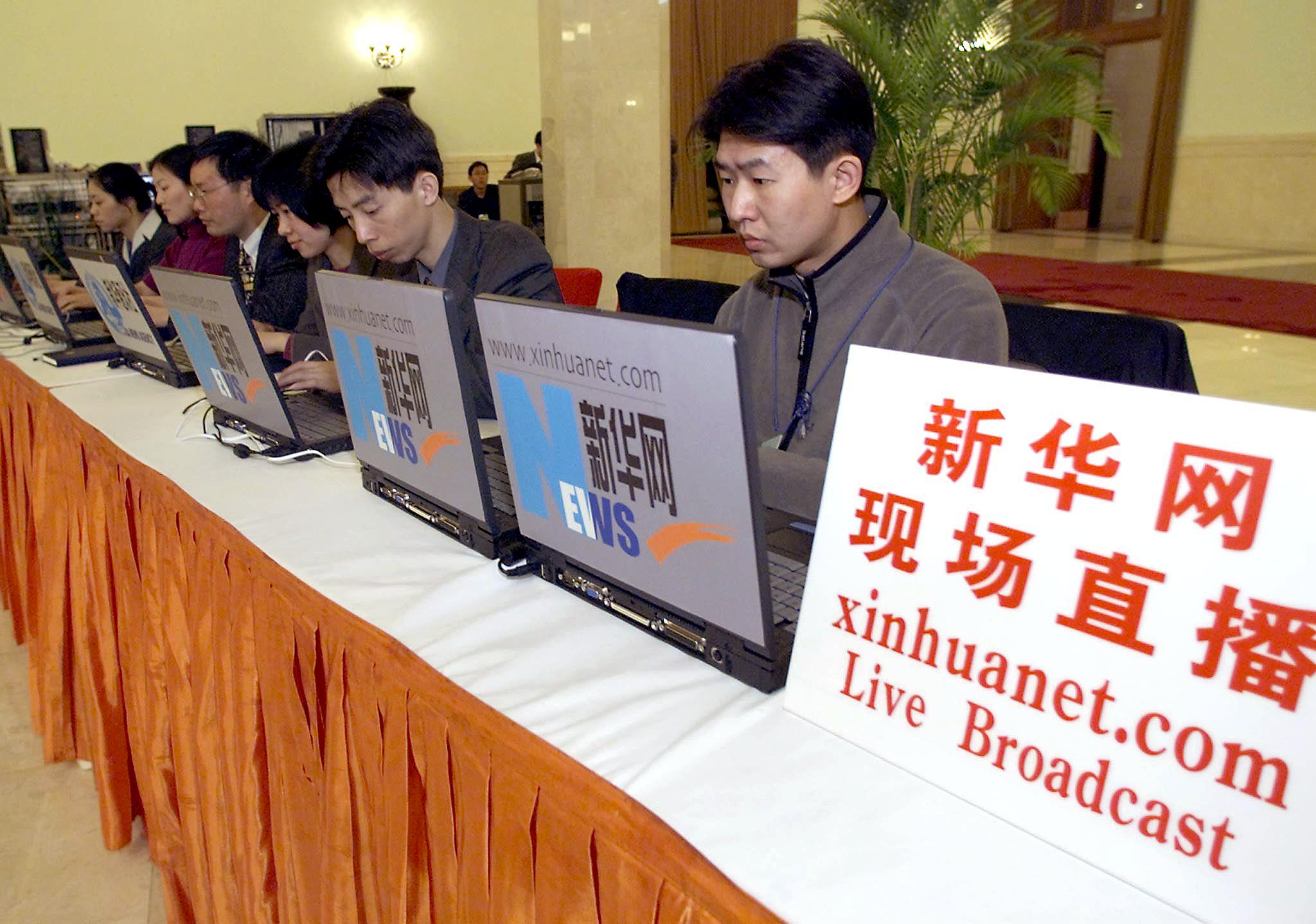The U.S. State Department is expected to designate multiple of China’s largest state-run media outlets as foreign embassies as soon as Thursday, Reuters reported.
The expected decision follows heightened tensions between the U.S. and Beijing, which moved to impose a national security law in Hong Kong which could threaten civil liberties amid pro-democracy protests that have been ongoing since 2019. President Trump ordered his administration to begin eliminating special treatment for Hong Kong to punish China, according to Reuters.
The designation is expected to include China Central Television, (CCTV) and China News Service, People’s Daily, Global Times, and Hong Kong-based Phoenix Satellite Television Ltd., according to the Wall Street Journal.
The new wave of foreign embassy designations under consideration is additional to the decision in February to name Xinhua News Agency, China Global Television Network, China Radio International, China Daily Distribution Corporation, and Hai Tian Development as agents of the Communist Party of China (CCP). Four of the outlets have sizable presences in the U.S. market. (RELATED: Report: State Department Designates 5 Media Companies As Propaganda Entities Of Chinese Communist Party)

Journalists from China’s official news agency Xinhua report directly from the National People’s Congress at the Great Hall of the People in Beijing 06 March 2001, to their website. (GOH CHAI HIN/AFP via Getty Images)
Outlets on the list would be required to declare their personnel and property in the U.S. in order to give American officials insight into their operations given their ties to the CCP, the Wall Street Journal reported.
The Department of Homeland Security also said in May that it would reduce the length of work visas for journalists from mainland China employed by non-U.S. media.
As relations between the U.S. and China are strained due to the coronavirus pandemic, the U.S. has also been cracking down on Beijing’s influence in the country, by implementing accountability measures for Chinese government media and investigating ties between academics and the Chinese government.


